Issue:
September 2025
The veteran columnist Masayuki Takayama thrived on provoking his enemies. But this year he went too far
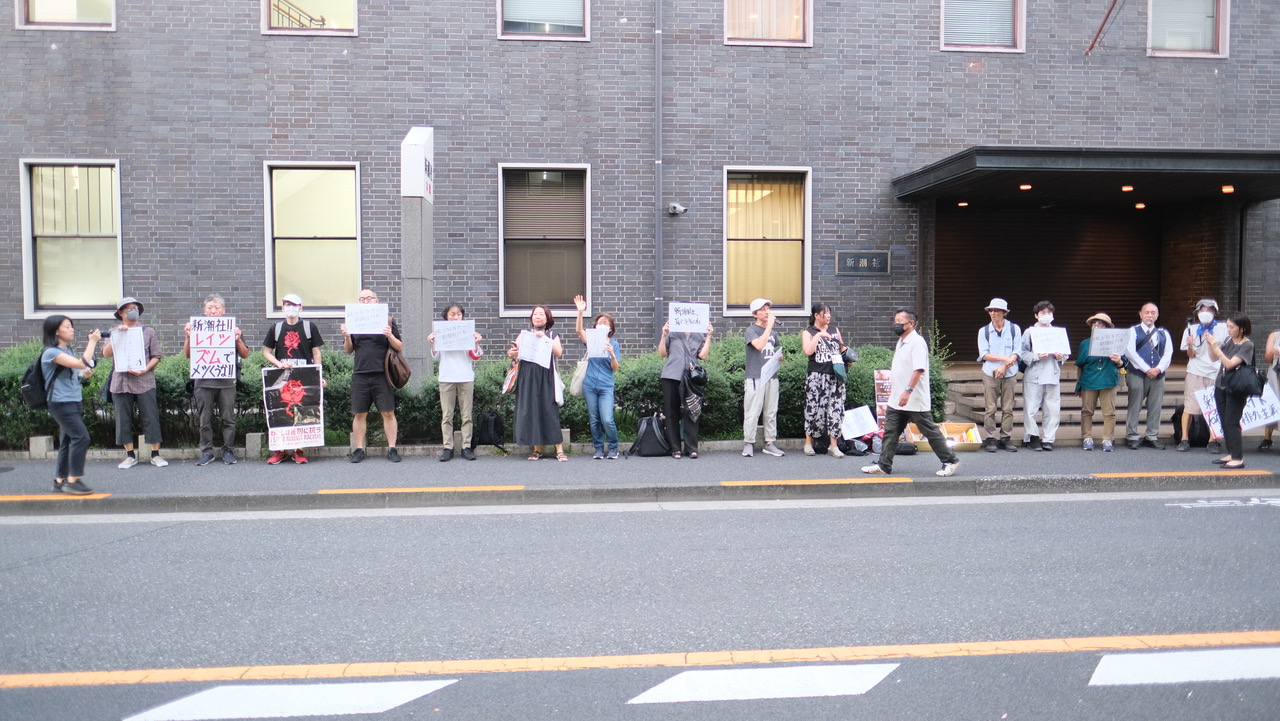
In past years, Japan's weekly magazines were not known for shying away from controversy. If anything, they thrived on it. So, at first glance, it seemed strange that a long-running columnist for one of the most respected weeklies would summarily find himself out of a job based on protests over his writing.
The “Henken Jizai” column by Masayuki Takayama had appeared in Shukan Shincho for 20 years. Its title was a variation on the name of the column Takayama had previously written while as an editor at the the Sankei Shimbun titled Iken Jizai – a play on words that defies simple translation, so I will just call it “Unusual views with abandon”.
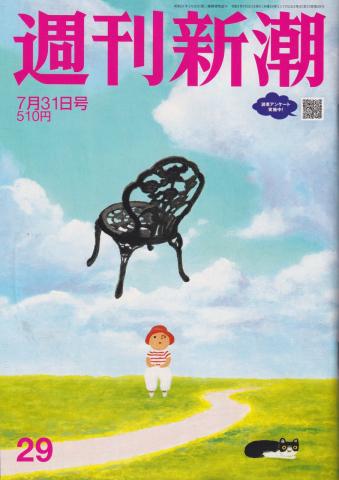
Takayama's writings invariably take a conservative, unapologetic, Japan-centric position that appeals to members of the baby boomer generation, who are now in their mid- to late 70s. He seldom minces his words, and his disdain for political correctness is reminiscent of the late Tokyo governor, Shintaro Ishihara, who, like Takayama, referred to China in speech and writing using the archaic and intentionally abrasive Shina, as opposed to the more commonly used Chugoku.
Takayama's columns have also been republished as anthologies, now numbering 18, by an affiliate of Shinchosha. His books are said to have been appreciated by the late prime minister, Shinzo Abe.
The trouble began when Shukan Shincho's July 31 issue, which went on sale on July 24, carried a column by Takayama under the headline "Soshi-kaimei 2.0" ("Creating family names and changing names 2.0"), a reference to the decrees issued by Japan’s Government General of Chosen in 1939, which obliged heads of households in Chosen (Korea), then part of Japan, to declare a single family name in the manner of families in Japan’s prefectures. The column targeted personalities in Japan whom Takayama regarded as being of foreign descent, including the writer Ushio Fukazawa.
Takayama concluded his essay by writing, "You're free to hate Japan and Japanese people, but if that's the case, at least don't do it using Japanese names."
Fukazawa, whose parents were zainichi Koreans, made her debut in 2012 with her novel Kanae no Obasan, which won the grand prize in the R-18 Literature Award for Women Written by Women.
On 4 August, 10 days after Takayama's column appeared, Fukazawa held a press conference at which she filed a complaint against Shukan Shincho's publisher, Shinchosha. Fukazawa claimed that the column "expands on outrageous statements and incites discriminatory sentiment in society". She said she was "heartbroken," and criticized Takayama's writings as "damaging literature itself and an extremely irresponsible attitude toward the literary world”.
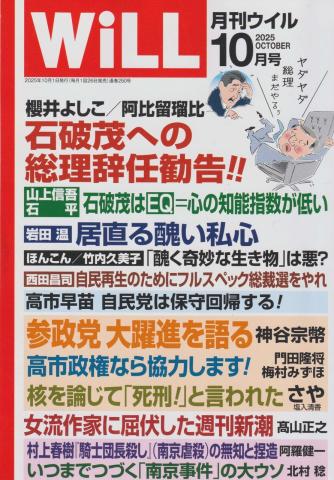
The Communist Party organ Akahata reported that Japanese Communist Party House of Councillors member Yoshiko Kira had sent a message of solidarity, and members of the Constitutional Democratic Party, the Social Democratic Party and the Reiwa Shinsengumi also chimed in.
Approximately 40 people, including novelists Natsuo Kirino and Asako Yuzuki, and translator Mariko Saito, sent messages of protest to the press conference, stating that "this is hate based on one's origins", adding "verbal violence is not free speech." The Japan P.E.N. Club also expressed concern over "the prevalence of exclusionist discourse”.
Fukazawa's attorney asked whether Shinchosha recognized that the column's content constituted a violation of her human rights. Shinchosha's immediate response was to issue an apology on its website the same day as the press conference, along with measures it planned to put in place to prevent a recurrence.
"We believe it is our important responsibility to work closely with our writers and create quality works together,” the statement said. “We are deeply sorry for the hurt and emotional distress this incident has caused Ushio Fukasawa. We offer our deepest apologies.
"We take seriously the various criticisms and suggestions we have received, and as a publisher, we are acutely aware of our own lack of competence and responsibility for this incident.
"While 'freedom of speech and expression' is extremely important, we recognize that the scope of that freedom varies depending on the subject matter and social situation, and changes with the times.
"First and foremost, our editorial staff must constantly update this. It is also our role as a publisher to consider these changes with our authors.
"Going forward, when requesting writing and receiving manuscripts, we will always inform authors in detail about changes in public opinion and societal demands. We will also further strengthen our human rights due diligence and establish an internal system.
"We will sincerely consider responding to Ms. Fukasawa's request as soon as it is received."
Two days later, Shinchosha's website carried a follow-up announcement of the company's "future initiatives." Titled "Strengthening Human Rights Due Diligence Policy," it read: "Shinchosha opposes all forms of discrimination based on race, nationality, gender, etc.
"To further strengthen our human rights due diligence, as announced on August 4, we will appoint a director and establish a new department. At the same time, we hereby announce that we will implement concrete measures, including thorough employee training, reviewing our monitoring system, and improving our information-sharing system across multiple departments."
The incident involving Takayama's column almost certainly would not have occurred if Shinchosha had conducted due diligence on human rights seven years earlier. In 2018, Shinchosha's monthly magazine Shincho 45 ran an article by Mio Sugita, then a Liberal Democratic Party member of the House of Representatives, that claimed LGBTQ+ couples were "unproductive". The visceral reaction to the article led to the 36-year-old magazine's demise – an extreme outcome not seen since 1995, when Bungeishunju discontinued Marco Polo magazine after Jewish organizations in the United States protested a 10-page article by a Japanese physician claiming that the Holocaust was a fabrication.
Shinchosha claimed that publication of Sugita's inflammatory article in Shincho 45 had been an "editorial malfunction”.
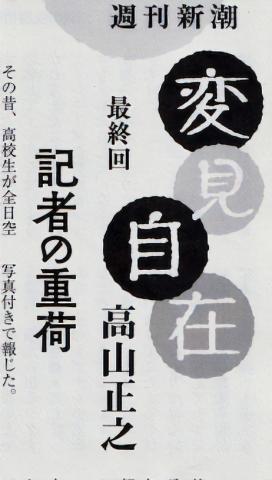
As for the "Henken Jizai" column, no one was surprised when it was terminated in Shukan Shincho's August 31 issue, with a footnote explaining that Takayama and editorial staff had "discussed" ending the column.
The August 14 edition of the Mainichi Shimbun described Takayama's column as "a xenophobic piece targeting individuals of foreign descent with opinions that differ from his, and it raises questions about the human rights awareness of the major publishing house.”
"Such rhetoric,” the newspaper added, "denies diversity and could lead to the exclusion of foreigners. Names are part of an individual's identity, and demanding their change is unacceptable”.
One could also see Takayama’s comments as meaning – why should Japanese of foreign descent not use their ancestral names? Are they still under the spell of the 1939 name decrees? By all means be free to gripe about Japan – but kindly and fearlessly do so under your ancestral names – so "we real Japanese" can know that it’s not "one of us" but only a "pretender”.
"Takayama is guilty of ignorance and fear, not hate," said William Wetherall, a Japanese national. "He fails to understand that all Japanese are kin by some degree of blood or culture to other lands, whether in antiquity or recently. The abdicated Heisei Emperor Akihito understood and acknowledged his Kudara/Pakche [ancient Korean] roots. Japanese today come in all colors and stripes, which are private matters. Takayama, as a journalist, has no brief to comment on how individuals choose to identify or name themselves. Perhaps he should ask himself why it matters where he and his name came from."
Now, I have a confession to make. I customarily purchase Shukan Shincho every Thursday and have faithfully read Takayama's columns for years. Except perhaps for Takayama's ad nauseam attacks on the Asahi Shimbun, I found his weekly diatribes a fascinating study – a parading of a pantheon of adversaries, past and present, who, in his view, have tarnished the image of ever-righteous Japan.
The U.S was often in his cross hairs. In his August 30, 2018, column, for instance, he wondered why the remains of American sailors aboard the USS Arizona had never been recovered. After all, considerable efforts had been made to identify other war fatalities. Takayama suggested that President Franklin Delano Roosevelt "had left the U.S. Navy's Pacific fleet at Pearl Harbor undefended as bait. Japan was ensnared in the trap, but FDR had underestimated Japan's military capabilities. As a result, the entire fleet was wiped out, with fatalities ten times the original projection”.
He added: "If a military tribunal had been held to determine the government's responsibility, the top secret 'Hull Note' would have been exposed. It was another evil scheme by FDR to avoid being labeled the dirtiest president."
If Takayama had taken the trouble to investigate the Arizona's history, he would have known the ship's catastrophic explosion left little identifiable as human remains. The decision was made to leave the hulk at the bottom of the harbor, and the Arizona was subsequently designated a military cemetery. Hence, there was no need to "recover" the remains.
This was Takayama's problem: he all too frequently made assertions without citing evidence or sources. Take his column of July 7, 2025, titled "Loyal dog Asahi," in which he claimed that Harry S. Truman had been a member of the Ku-Klux Klan. Several paragraphs later, Takayama wrote that, on the day of his arrival at Atsugi in August 1945, General Douglas MacArthur suffered an episode of urinary incontinence.
Truman is remembered today for his exemplary civil rights record – he was responsible for racially integrating the U.S. military – and as far as MacArthur is concerned, his alleged bladder problems, even if true, do not appear to have adversely affected his half-decade tenure as the de facto ruler of Japan.
Takayama's final column, number 1,147, appeared on newsstands on August 20. It carried the three characters comprising the word saishukai (final installment). "The Asahi Shimbun touched on this column in an editorial the other day," Takayama wrote about the newspaper he had constantly criticized. "I thought they were thanking me for the advice I'd been giving them, but I was completely wrong.”
He went on: "What bothers me is the title they gave me. Instead of referring to me as a 'columnist,' they wrote 'former Sankei Shimbun reporter from 25 years ago.' Does their resentment toward me date back from that time?
"This being my last column, perhaps they were trying to say that I was a fine reporter until the end."
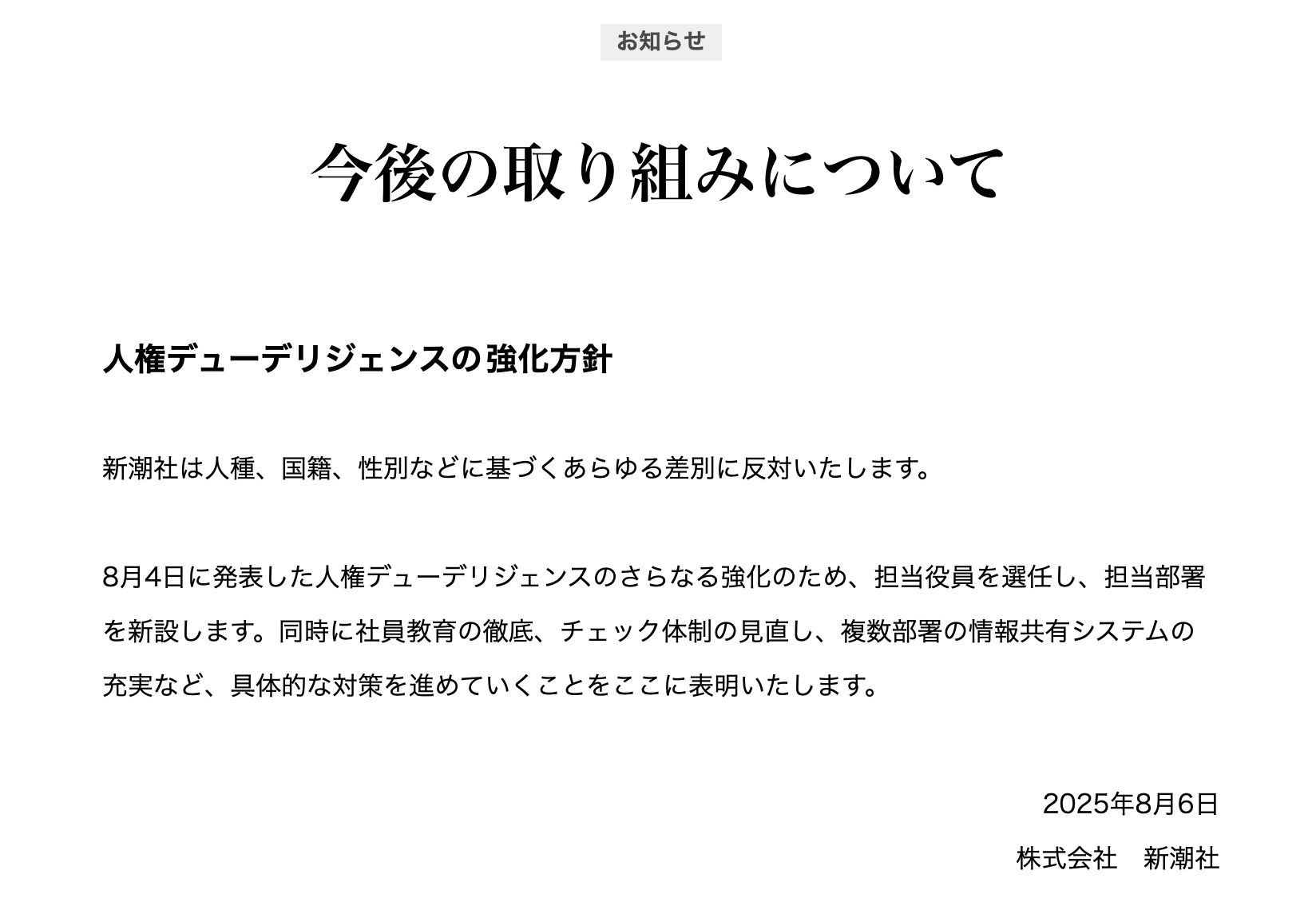
A brief footnote read: "As a result of discussions between Mr. Takayama and the editorial department, this column will end with this installment. Thank you for reading it over the years. (Editorial department)." In Shukan Shincho's September 4 edition, the “Henken Jizai” column had been replaced by a full-page puzzle.
From viewing him online, Mr. Takayama's robust appearance belies his age – he is 83. I fully expect he will find a new home for his provocative essays and look forward to reading them for years to come.
This year Mark Schreiber celebrates his 60th year in Asia. He is currently working on an essay about Japanese weekly magazines that will appear in an anthology about Japan's mass media.

